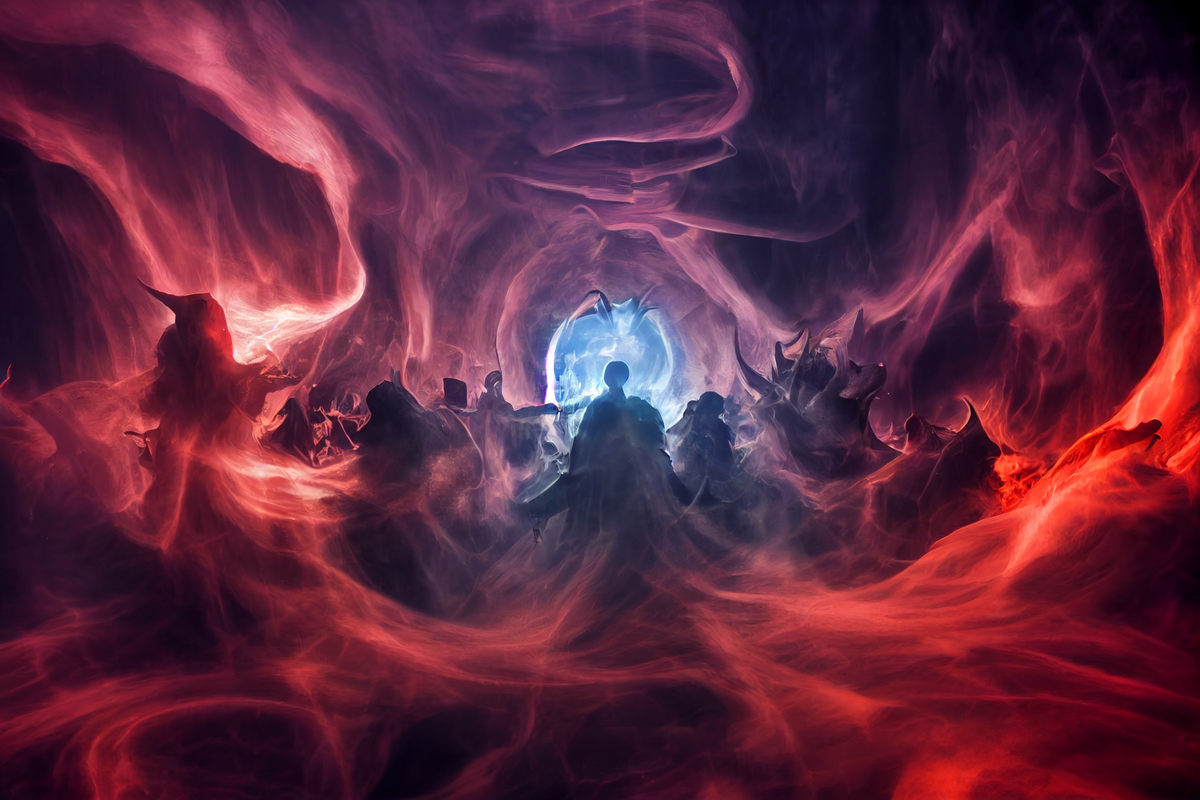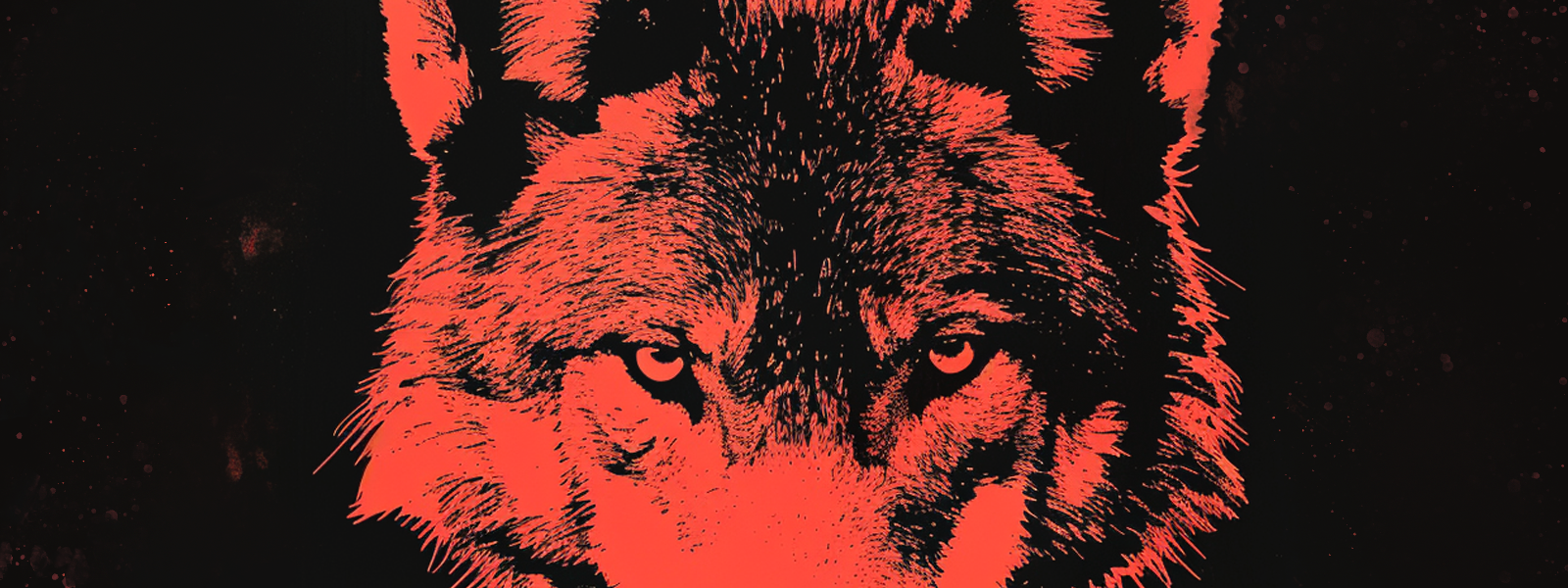Are there other realms of existence? Part I

Are there other realms of existence? I’ve got to admit, I’m skeptical. On the one hand, I’ve had some weird experiences. Friends as well. And there are so many other people with similar experiences throughout the world. This all makes me think that maybe there really is something out there, though I don’t know what, beyond the veil of the senses. On the other hand, in an age of unprecedented surveillance and recording, no ghosts or demons have been found. I’m perplexed.
It’s a doozy, for sure. There’s compelling evidence from both sides and, to complicate things, there’s big consequences to wherever you come down on the issue. If you take heaven and hell as being real, permanent states for the soul after death, you sure as hell better end up in heaven. If you believe there are celestial beings who can bless you with wild fortunes, beauty, or longevity, you’d best get to praying and fast. In my home, Thailand, magic’s still a thing and it’s been traditionally connected to the kwan, or soul, of things. And since many have this belief in this otherworldly realm of spirits, you can buy ointments infused with corpse oil to curse enemies or make someone fall in love with you. One temple that I stayed at briefly brought in a fair number of people who came to lift a curse that had been placed on them.
And, from a Buddhist perspective, the belief in other realms of existence is essential for the cycle of rebirth, or samsara. If you’re a materialist, however, you might just say, “Well, I’ll just enjoy my life to the utmost and who gives a damn what comes after because that’s got nothing to do with me.” You can be agnostic as well, if that’s how you read the evidence, but even being agnostic’s a choice with its own set of consequences.
My own take is I’m about 90% sure that there’s no other realms of existence, except on full moons or after I’ve had a few too many beers and read a few too many ghost stories. The biggest problem that I have with the entire alternative realms of existence view is that it has a very god-of-the-gaps feel to it.
What’s god-of-the-gaps?
It’s a belief in God - or some other supernatural entity - to explain things that people can’t explain now. Why does it rain? In the Buddhist scriptures, the answer was because there were devas who controlled the weather. The blueprint manual for Zen monasteries, the Baizhang Zen Monastic Regulations, dedicates almost a quarter of its pages to spells: spells to ensure rain, spells to ward off hail, spells to protect the emperor, etc. Now that we better understand how the weather works, people don’t look to wizards to ward off storms. Another example is disease. The Black Death that ravaged through Europe was widely believed to be a curse by God for the people’s errant ways. Others thought it was a harbinger of the apocalypse. With Covid, we managed to understand it, it’s origins, behavior, and produce a vaccine and medicines for it in record time. While there are still some people harping on about how it’s punishment from the Lord, they’re at the fringe.
When I look at the belief in other realms of existence, it looks a lot like this. As science progresses, the goalposts keep being pushed deeper and deeper into the crevices of its ignorance. That’s one reason why I’m so skeptical of it as an accurate description of reality.
Got any examples?
Past Life Regression is a good starting point. In this practice, the therapist hypnotizes the patient and then guides them to recall their past lives. Patients often have vivid visions of former lives as farmers in the paddies of Vietnam or on the steppes of Mongolia. However, when researches tried to match their experiences with historical records, it became clear that they were just patching together stuff they’d seen in movies, read in books, or fabricated. If it was a legitimate way to take a time machine to the past, not only psychologists but also historians would be out-of-their mind excited. But it’s not that. It’s basically very convincing daydreaming.
Those visions can, however, be illuminating personally. A patient might learn more about their troubled past with women and attempt to rectify it. They might see the damage done by alcoholism that runs through their family, but these insights aren’t telling them objective truths about medieval Europe. They’re telling them personal truths about their own situation coded in symbols of the past.
The other problem with this is that very, very few people have memories of obscure or unusual realms of existence of places. I’ve never met someone who was a shoemaker in Angola in the 14th century. It’s China, Japan, Germany, or some other well-known exotic place. There’s also very, very few cases of patients recalling themselves burning in hell for eons without end before magically being reborn as a human. If you want to be consistent with the Buddhist cosmological view, that’s going to happen sometimes. But almost no one’s like, “Yea, I was a mass murderer in the paleolithic period, was reborn as a ghost who lived a tortured existence for millenia, and then finally scrapped together enough goodness to be reborn as a human.” From a purely statistical perspective, there have to be many cases like that, but instead you have farmers living in a remote, exotic land or a bunch of Napoleons, Alexanders, and Cleopatras. Just doesn’t add up.
